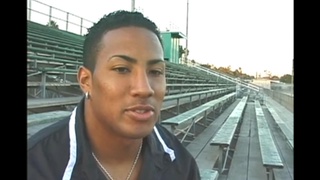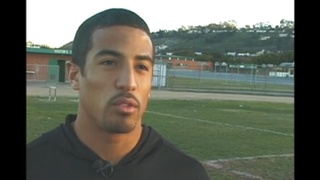Interviews
A wrong ethnic assumption
My second day in Kyoto was really trippy because when I got off the streetcar – on those days it was a streetcar – in front of Hongwanji, there’s Heian High School, run by Hongwanji right across the street. I got off and there was this Black kid there in a school uniform. So I went up to the guy and said, “Hey! What’s happening? Where you from?” And he spoke to me in perfect Kyoto dialect, saying, “Nan desuka? ” It turned out he was born and raised in Kyoto. His father was an American. And it was so ironic. I’m speaking to him in Black English, expecting him to respond and he’s Black talking to me in perfect Kyoto dialect, saying, “What is the matter with you?” As it turns out, we saw each other fairly regularly. He’s still there. He grew up and owns a restaurant in Kyoto and still speaks Kyoto dialect.
Date: December 3, 2004
Location: California, US
Interviewer: Art Hansen, Sojin Kim
Contributed by: Watase Media Arts Center, Japanese American National Museum








